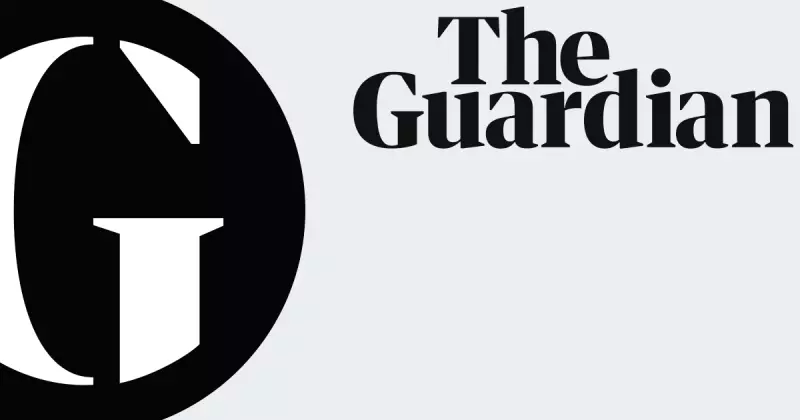
Israeli Prime Minister Benjamin Netanyahu has launched an extraordinary and vehement broadside against the Australian government, plunging diplomatic relations between the two nations into a deep freeze. The incendiary comments, which directly target Prime Minister Anthony Albanese's administration, mark a significant escalation in international tensions over the recognition of Palestinian statehood.
The core of Netanyahu's fury stems from Australia's recent diplomatic manoeuvres, which his government interprets as a direct threat to Israel's national security. The Israeli leader's rhetoric was notably sharp, framing Australia's position not merely as a difference in policy but as an action that actively undermines Israel's right to self-defence.
A Diplomatic Earthquake from Jerusalem
The attack was not a mere diplomatic footnote; it was a calculated, public condemnation delivered from the highest level of the Israeli government. This move signals a severe breakdown in dialogue and represents one of the most public confrontations between Israel and a Western ally in recent years.
Analysts suggest this outburst reflects a broader strategy by Netanyahu's government to isolate and publicly rebuke any nation that moves towards recognising Palestinian statehood outside of a direct negotiation process with Israel.
The Albanese Government's Contested Position
While the exact catalyst for Netanyahu's ire is detailed in the original report, the Albanese government's foreign policy shift is seen as a contributing factor. This stance has sparked intense debate within Australia, drawing both praise from proponents of Palestinian rights and fierce criticism from supporters of Israel.
The Australian government now finds itself in a delicate position, balancing its principled foreign policy objectives with the maintenance of a crucial, albeit now strained, international relationship.
Global Repercussions and the Road Ahead
This diplomatic spat extends far beyond the bilateral relationship between Jerusalem and Canberra. It serves as a potent indicator of the growing international divide over the Israeli-Palestinian conflict. Other nations considering similar steps will be watching the fallout closely, weighing the potential for similar diplomatic reprisals.
The incident raises critical questions about the future of Middle East diplomacy and the price nations may pay for taking a stance that diverges from the current Israeli government's hardline position. The path to de-escalation remains uncertain, with both sides holding firm to their convictions.





